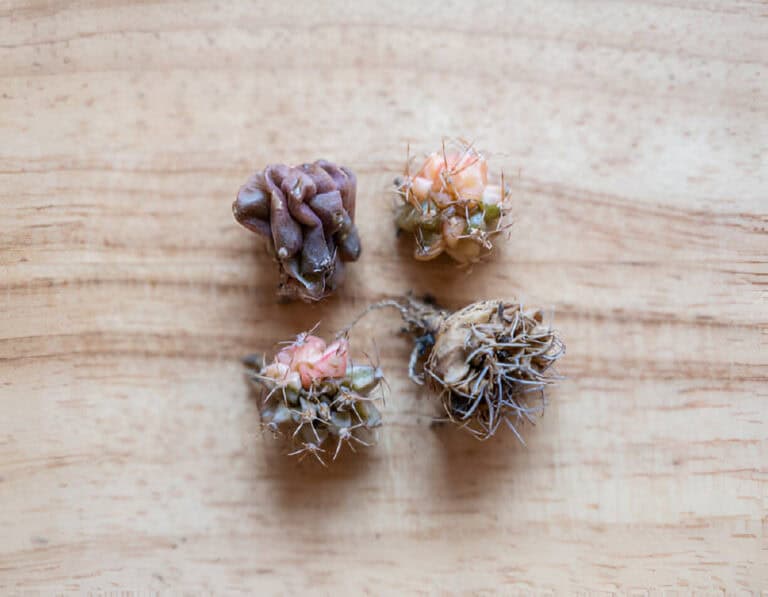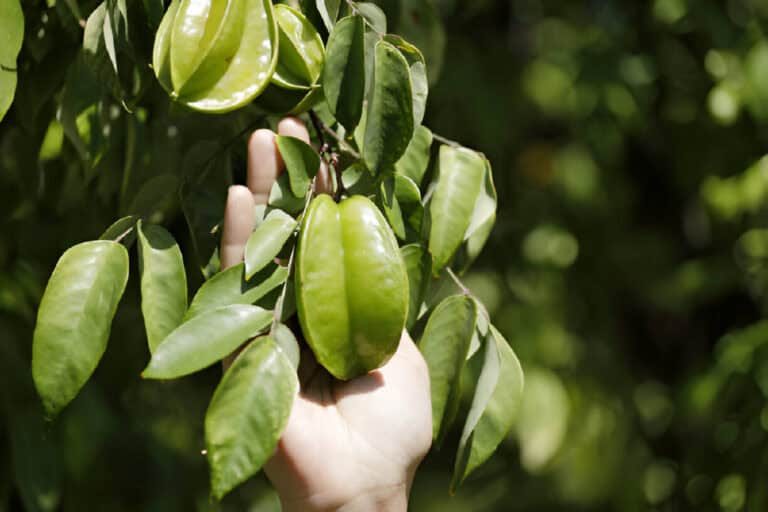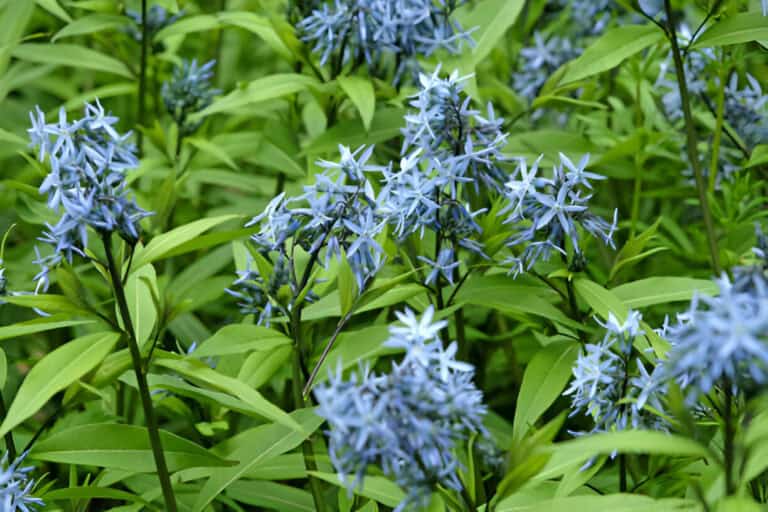When to Plant Potatoes in New Brunswick: A Comprehensive Guide
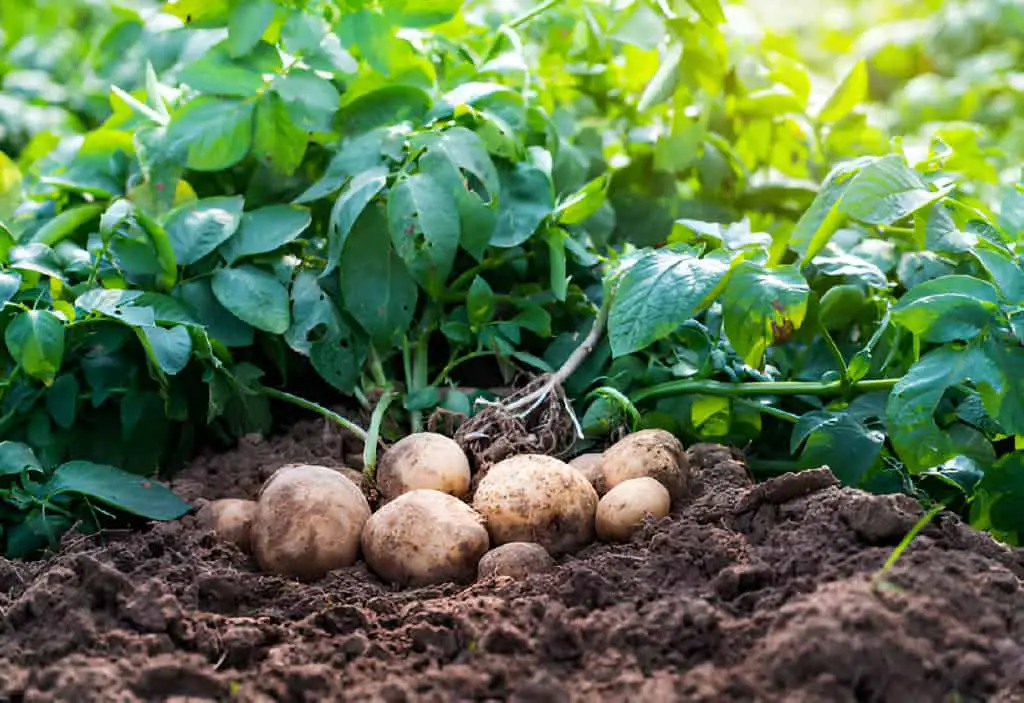
Potatoes are a staple crop in many Canadian gardens, and New Brunswick’s climate is well-suited for their cultivation. Dreaming of harvesting your own potatoes in the rich soils of New Brunswick? Timing is crucial for a bountiful potato crop. Have you ever wondered when the best time is to get your potato seeds in the ground for optimal growth?
In this article, we explore the ideal planting times and essential techniques for potatoes in New Brunswick.
Whether you’re a seasoned gardener or just starting out, understanding the right planting window and methods ensures your potatoes thrive and provide a plentiful harvest. Join us as we uncover the secrets to successful potato cultivation in New Brunswick’s climate, from soil preparation to harvest readiness, ensuring you enjoy homegrown spuds at their best.
Overview of Potatoes and Their Appeal in New Brunswick
Potatoes are more than just a humble crop; they hold a special place in New Brunswick’s agricultural landscape. This region’s cool climate and rich soil create ideal conditions for growing potatoes, which thrive in the province’s well-drained fields. Potatoes aren’t just a crop in New Brunswick—they’re a way of life. From russets to reds, these starchy tubers fuel both the local economy and the plates of countless families.
What makes potatoes so appealing here goes beyond their versatility in the kitchen. Whether mashed, baked, or fried, potatoes provide a hearty, satisfying base for meals, making them a staple in many New Brunswick homes. Farmers across the province take great pride in cultivating their crops, knowing their potatoes are known for quality across the country.
| Variety | Description |
| Russet | Ideal for baking, frying |
| Red | Great for boiling, salads |
| Yukon Gold | Perfect for mashing, roasting |
In New Brunswick, potatoes aren’t just a food source—they’re a tradition that nourishes both body and spirit.
Understanding New Brunswick’s Climate
New Brunswick has a humid continental climate, characterized by warm summers and cold winters. The province experiences four distinct seasons, with temperatures varying widely throughout the year. These climatic conditions influence the best times for planting potatoes in New Brunswick.
Seasonal Overview
- Spring (March to May): Cool temperatures with the last frost typically occurring in late May.
- Summer (June to August): Warm to hot temperatures, ideal for potato growth.
- Autumn (September to November): Mild temperatures, suitable for late-season potato planting.
- Winter (December to February): Cold temperatures, not suitable for potato planting.
The Best Times to Plant Potatoes in New Brunswick
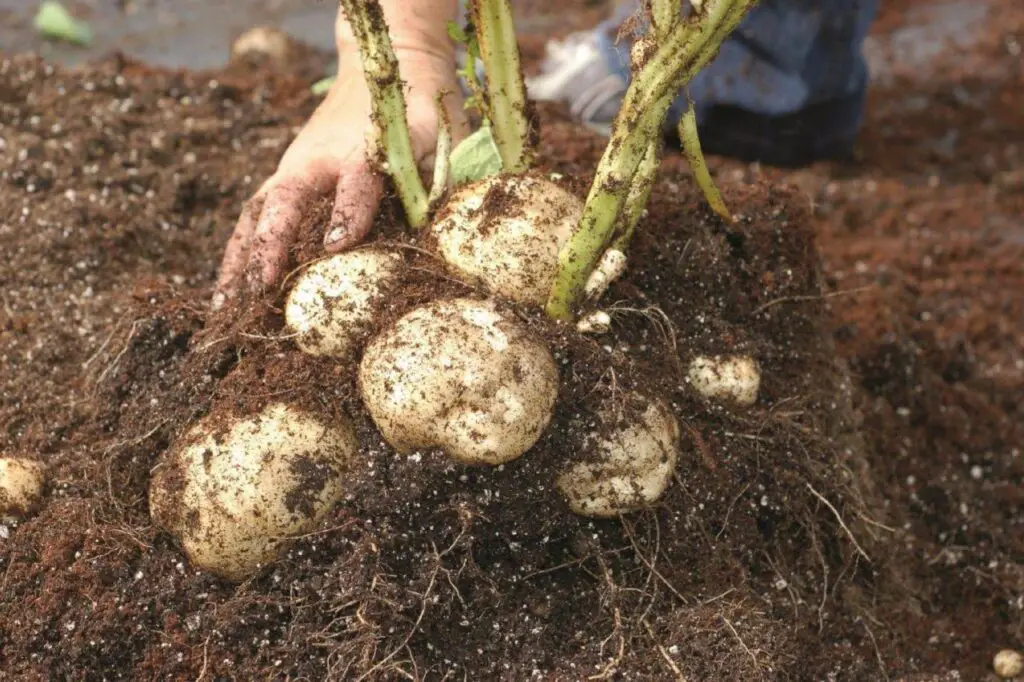
The best times to plant potatoes in New Brunswick depend on the specific potato variety and the desired harvest time. Here are some general guidelines:
Early Spring Planting
For early harvest and optimal yields, consider planting potatoes in early spring.
- Best Time to Plant: Late April to early May.
- Benefits: Early planting allows potatoes to mature before the heat of summer, potentially yielding larger tubers.
- Considerations: Watch for late frosts and protect tender plants with covers or cloths.
Mid-Spring Planting
Mid-spring is an excellent time to plant a wide variety of potatoes in New Brunswick.
- Best Time to Plant: Mid-May to early June.
- Benefits: Planting in mid-spring ensures that the soil has warmed up sufficiently for optimal root growth and tuber development.
- Considerations: Ensure proper spacing and watering to support vigorous growth.
Late Spring Planting
Late spring planting is suitable for heat-loving potato varieties that thrive in warmer temperatures.
- Best Time to Plant: Late June to early July.
- Benefits: Late planting can extend the harvest period into the fall, providing a longer potato-growing season.
- Considerations: Provide adequate mulching to retain soil moisture and protect roots from heat stress.
Soil Preparation
Preparing the soil is crucial for successful potato cultivation in New Brunswick’s climate.
Soil Testing and Amendment
- Test the Soil: Conduct a soil test to determine pH and nutrient levels. Potatoes prefer slightly acidic soil (pH 5.8 to 6.5).
- Amend the Soil: Add organic matter such as compost or well-rotted manure to improve soil structure and fertility.
Bed Preparation
- Raised Beds: Consider planting potatoes in raised beds to improve drainage and soil warmth.
- Mulching: Apply a layer of mulch, such as straw or leaves, to conserve moisture and suppress weeds.
Potatoes Planting Techniques
Choosing the Right Potato Variety
Selecting the right potato variety is crucial for successful cultivation in New Brunswick.
- Early Varieties: Choose early-maturing varieties for planting in early spring, such as Yukon Gold or Red Norland.
- Maincrop Varieties: Select maincrop varieties for planting in mid- to late-spring, such as Russet Burbank or Kennebec.
Planting Steps
- Spacing: Plant potatoes 30-45 cm apart in rows spaced 60–90 cm apart to allow for proper tuber development.
- Depth: Plant potatoes 10–15 cm deep, covering them with soil and gradually hilling up as the plants grow.
- Watering: Water newly planted potatoes thoroughly to help them establish roots in the soil.
Caring for Potato Plants
Watering
Potatoes require consistent moisture, especially during tuber formation.
- Frequency: Water deeply once or twice a week, depending on rainfall and soil moisture levels.
- Method: Use a soaker hose or drip irrigation to water at the base of the plants, avoiding wetting the foliage.
Fertilizing
Apply a balanced fertilizer or compost to your potato plants to provide essential nutrients.
- Before Planting: Incorporate a balanced fertilizer into the soil.
- During Growth: Side dress with compost or a balanced fertilizer every 4-6 weeks during the growing season.
Mulching
Mulch around potato plants to conserve moisture, suppress weeds, and protect potatoes tubers from sunlight.
- Organic Mulch: Use straw, leaves, or grass clippings as mulch.
- Depth: Apply a layer of mulch 5–10 cm deep around plants, taking care not to bury the stems.
Conclusion
Planting potatoes in New Brunswick can be a rewarding experience, providing you with a bountiful harvest of nutritious tubers. By choosing the right planting times, preparing the soil properly, and providing consistent care, you can enjoy a successful potato crop year after year.
Whether you’re planting early, mid, or late-season varieties, following these guidelines will help ensure your potatoes thrive and provide you with a delicious addition to your meals. Happy planting!

